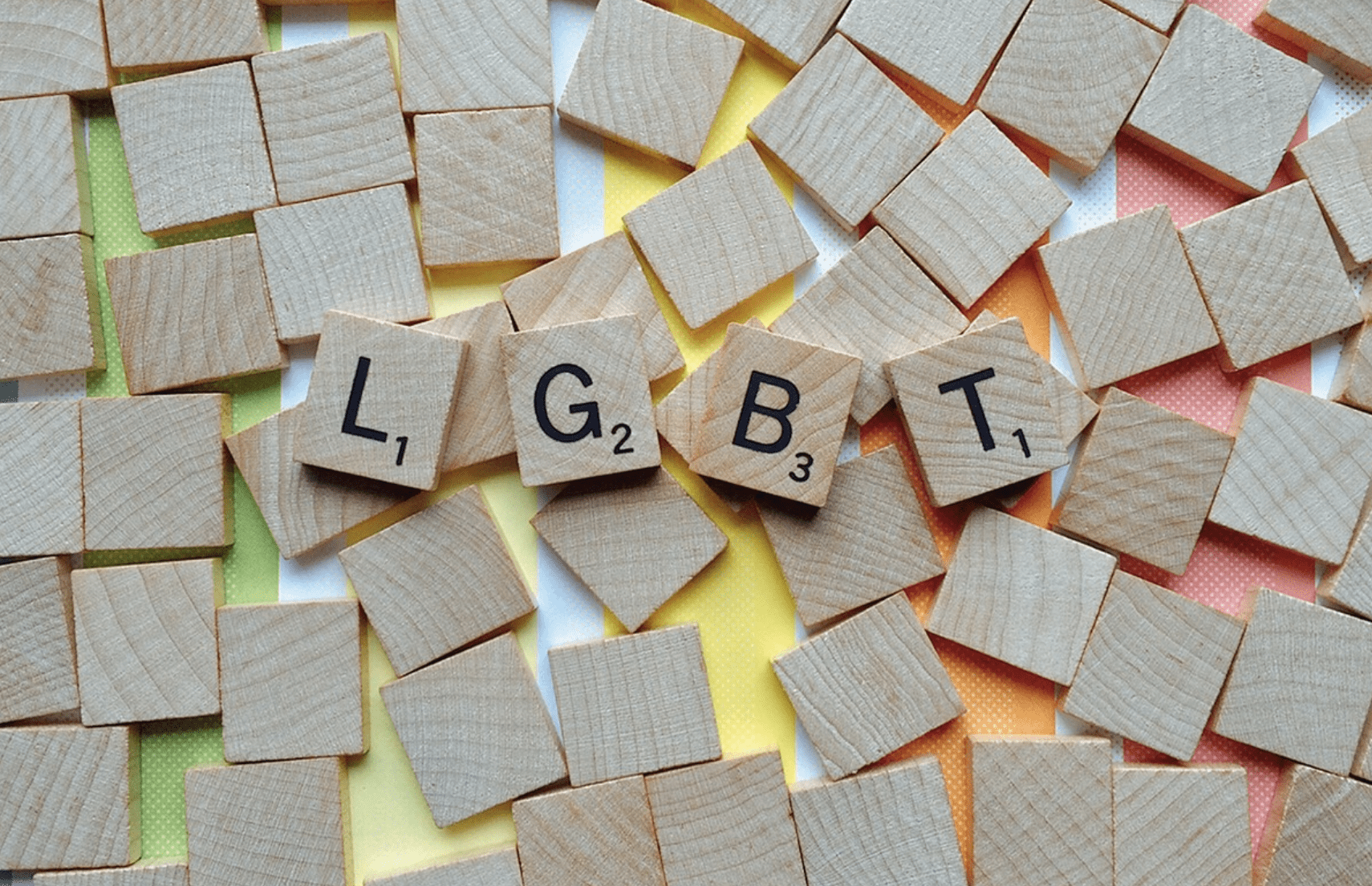
While Britain has been rocked by controversies over the dangerous promotion of gender reassignment to minors—without taking responsibility for the long-term consequences of this trend—Scotland has chosen to distinguish itself from its closest neighbour by speeding up reforms in favour of transgender people.
For many months, the Scottish government has been committed to strongly supporting transgender people’s demands for an easier transition process. Since August 2021, for example, children in Scotland have been able to change their name and gender at school from the age of four, without having to ask their parents’ permission, according to the terms of an inclusivity guide published by the Scottish government.
In a new development, the Scottish National Party leadership has decided to abolish psychological assessments for transgender people who wish to obtain a gender recognition certificate. Until now, a medical diagnosis of ‘gender dysphoria’ had to be clearly established to obtain such a certificate. The legislation would lower the minimum age from 18 to 16. It would also reduce the period required for a transgender person to live in their ‘acquired gender’ from 2 years to 3 months, followed by a period of reflection of only 3 months—a significantly accelerated process.
All Scottish political parties support these developments, with the exception of the Scottish Conservative Party.
The Church of Scotland has also chosen to support the controversial measure—with one reservation, concerning the age of the persons concerned: the Church of Scotland says it is hesitant to lower the age from 18 to 16 to obtain a gender certificate. The Church of Scotland, through its spokesman David Bradwell, justified its decision by saying that “a great deal of time has passed” since the last legislation in 2004. He added: “there have been significant developments in the public understanding of the issues facing transgender people.” Legislative change would therefore be in the name of an evolution in the state of society, and not an objective medical—or moral—standard.
David Bradwell expressed the Church of Scotland’s concern to be in line with “other international jurisdictions,” and to take into account the “pastoral and emotional” needs of people requiring a gender certificate. He relied on the WHO diagnosis that “transgender or diverse gender identity is not a mental or behavioural disorder,” a diagnosis which he says should be “recognized.”
It is striking that the Church of Scotland spokesman has adopted the language of transgender activism in his rhetoric. He considers the term ‘acquired gender’ itself to be questionable and outdated terminology.
In contrast, the Catholic Church of Scotland, which was also asked for its views by Scottish MPs, reiterated its categorical opposition to any legislative changes that would facilitate transition processes.
